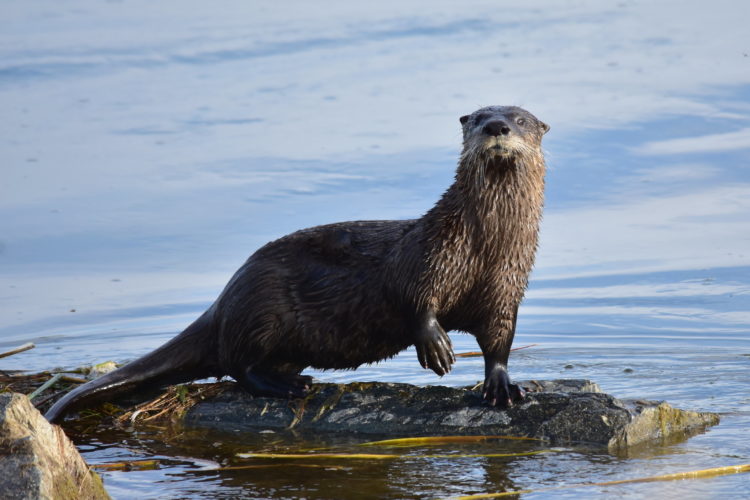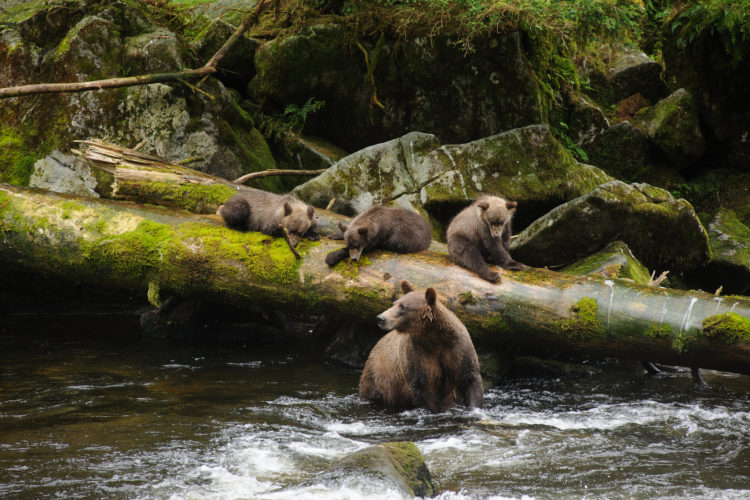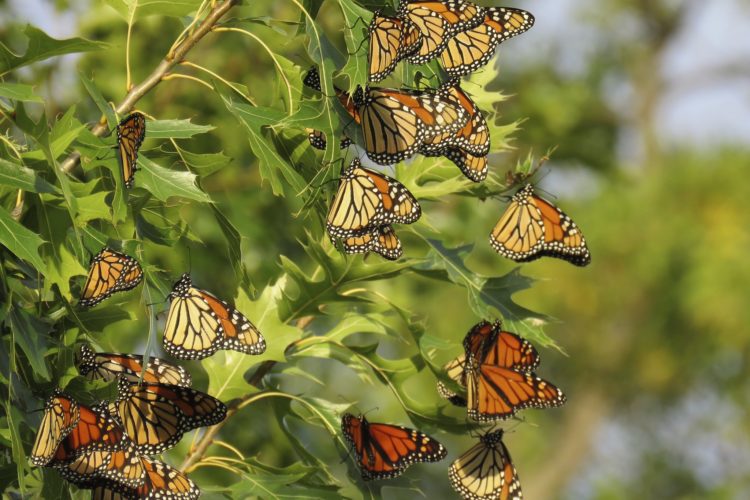We have much more to do and your continued support is needed now more than ever.
Four Ways the Biden Administration Can Prioritize Wildlife Starting on Day One

With over one-third of America’s wildlife species at increased risk of extinction and the threat of climate change drawing nearer, President-elect Joe Biden doesn’t have a moment to waste when he’s inaugurated as the 46th President on January 20. Here are four actions the Biden administration can take immediately–without waiting on Congress–to conserve wildlife, reestablish climate as a national priority, address environmental justice, and allow science to drive decision-making.

1. Rejoin the Paris Agreement
189 countries have ratified the Paris Agreement, the 2015 compact to globally reduce carbon emissions and keep global temperatures from rising more than 2 degrees Celsius. When President Donald Trump withdrew the United States from the accord in 2017, it abdicated our role as a global leader in the face of challenges like climate change.
Rejoining the Paris Agreement holds both symbolic and practical significance. Since the United States is responsible for 15 percent of the world’s yearly carbon emissions, recommitting to lower our emissions signifies that the United States understands the grave nature of climate change and our obligation to decrease our contribution to it.
Additionally, climate change is global. By joining the rest of the world in efforts to mitigate it, we’ll be able to hold ourselves and the other signatories accountable.

2. Reverse Regulatory Rollbacks and Freeze Pending Rollbacks
With over 100 rollbacks of environmental regulations completed or pending, the Trump administration has torn a gaping hole in the regulatory safeguards that keep people and wildlife healthy. It’s critical that during his first days on office, President Biden takes steps to undo these rollbacks by:
- Repealing efforts to weaken the Clean Water Act, which have left wetlands and streams unprotected, limited state and tribal rights, and made it easier to pollute groundwater.
- Reinstating strong mercury standards, which better protect wildlife and people from this dangerous neurotoxin.
- Restoring sensible limits on methane, a powerful climate super-pollutant.

3. Restore Protections in the Tongass National Forest
As the largest intact North American rainforest, the Tongass National Forest in Southeast Alaska provides critical wildlife habitat, sequesters carbon, and thus mitigates climate change, and serves as an economic engine for the region. But the Trump administration decided to exempt 9 million acres of the forest from the National Roadless Area Conservation Rule so parts of the old growth forest can be logged.
The Tongass is also the traditional homelands of the Tlingit, Haida, and Tsimshian people. Safeguarding their heritage is another reason why the Biden administration needs to reverse the Roadless Rule exemption.
Unfortunately, several other sensitive sites require intervention from drilling, logging, and mining, including the Arctic National Wildlife Refuge and the Boundary Waters Canoe Area Wilderness.

4. Recommit to Science and Community Input
In addition to rollbacks, the EPA just finalized its “Secret Science” rule that undercuts the ability of federal agencies to rely on high-quality, peer-reviewed studies when making regulatory decisions. President Biden must ensure the agency carries out its duties with respect for sound science.
Prioritizing polluting industries over human health is also apparent in the outgoing administration’s disregard for local authority and decision-making. Reversing a 2020 National Environmental Policy Act rule change will ensure that the federal government listens to community input and scientific knowledge before making decisions and approving projects that will affect local communities.
The Biden administration is also likely to make an executive order to develop an action plan to conserve 30 percent of our lands and waters by 2030 (also known as “30 by 30”). By first reversing rollbacks, commercial development of sensitive wilderness, and recommitting to science, we’ll be better prepared to tackle 30 by 30 and other important climate and environment priorities.
In 2021, the National Wildlife Federation has also its sights set on working with Congress to establish a 21st-century Civilian Conservation Corps, greening infrastructure, and passing the Recovering America’s Wildlife Act, a landmark piece of legislation that will restore the country’s struggling wildlife populations. (Read more about our 2021 priorities here.)
First, though, the Biden administration must put these four actions in place—they’re the baseline protections we need to guarantee that humans and wildlife alike have clean air, water, and lands.
As Congress reconvenes in 2021, tell your representatives to support the Recovering America’s Wildlife Act so all wildlife can thrive in a rapidly changing world. Take Action!





















